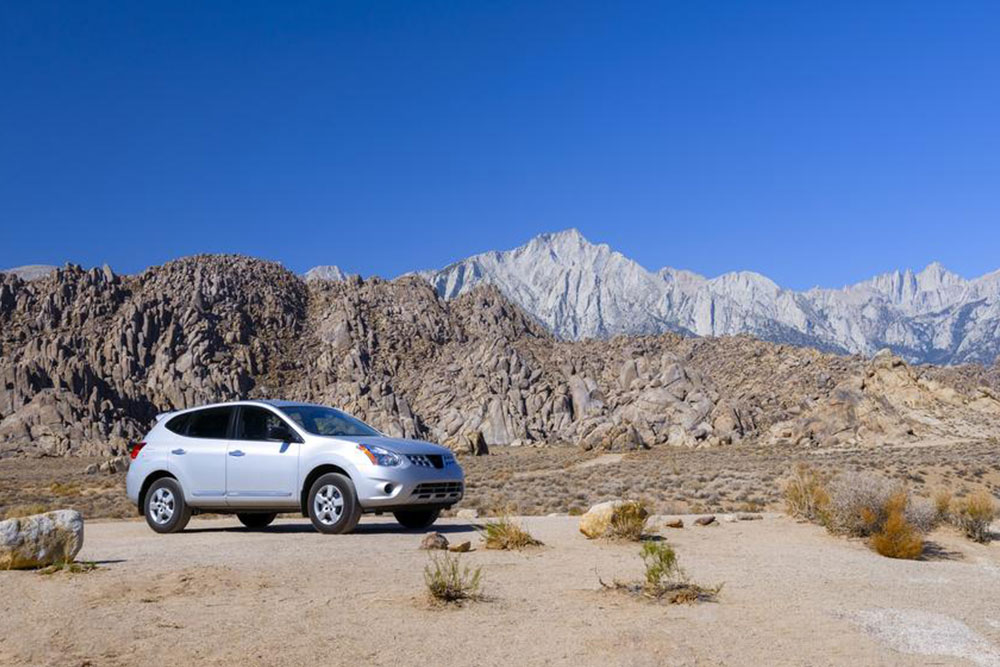Advantages of Using Winter Tires for Safer Driving
Discover why switching to dedicated winter tires improves safety during the cold months. These tires excel in cold weather, offering better grip, braking, hydroplaning resistance, traction, and control. Made from specialized rubber compounds with features like deep treads and water-channeling grooves, winter tires are essential for safe driving on snowy and icy roads. Trusted brands include Bridgestone, Nokian, Michelin, and others, making them a smart investment for winter safety.
Sponsored

As technology progresses, tire designs now accommodate diverse weather conditions, terrains, and driving needs. Many drivers opt for all-season tires to cover multiple seasons; however, during winter months, dedicated winter tires are highly recommended. These tires are specially designed to handle cold temperatures and snowy conditions better than all-terrain options, especially in northern regions where harsh winters are common. Here are some key reasons to prefer winter tires for improved safety and performance.
Specialized Materials
Winter tires are crafted from rubber compounds that remain flexible in freezing temperatures, unlike regular tires that harden and lose grip below about 7°C. This flexibility ensures better control when driving in cold weather, maintaining traction even at temperatures as low as -30°C.
Enhanced Braking Ability
Stopping on icy or snowy surfaces can be challenging, especially when drivers tend to brake abruptly. Winter tires offer superior grip, enabling quicker stops and reducing the risk of skidding. They help maintain control and recover from skids more efficiently than standard tires.
Hydroplaning Prevention
Water accumulation on roads can cause hydroplaning, making tires lose contact with the surface. Winter tires feature specially designed treads with grooves that channel water away, providing better traction on wet, snowy, or slushy roads.
Superior Traction
Deep treads and wider grooves in winter tires improve grip on snow-covered surfaces. Proper traction is crucial for safe high-speed driving, and these tires help prevent slips and spins, ensuring stability and safety.
Better Handling and Control
Winter tires are typically narrower and feature specific tread patterns that exert more pressure onto the road, helping vehicles to cut through snow more effectively. This design enhances maneuverability and control in winter conditions.
Leading brands offering winter tires include Bridgestone, Nokian, Continental, Michelin, Pirelli, Gislaved, Toyo, Dunlop, Hercules, Goodyear, and Yokohama.






